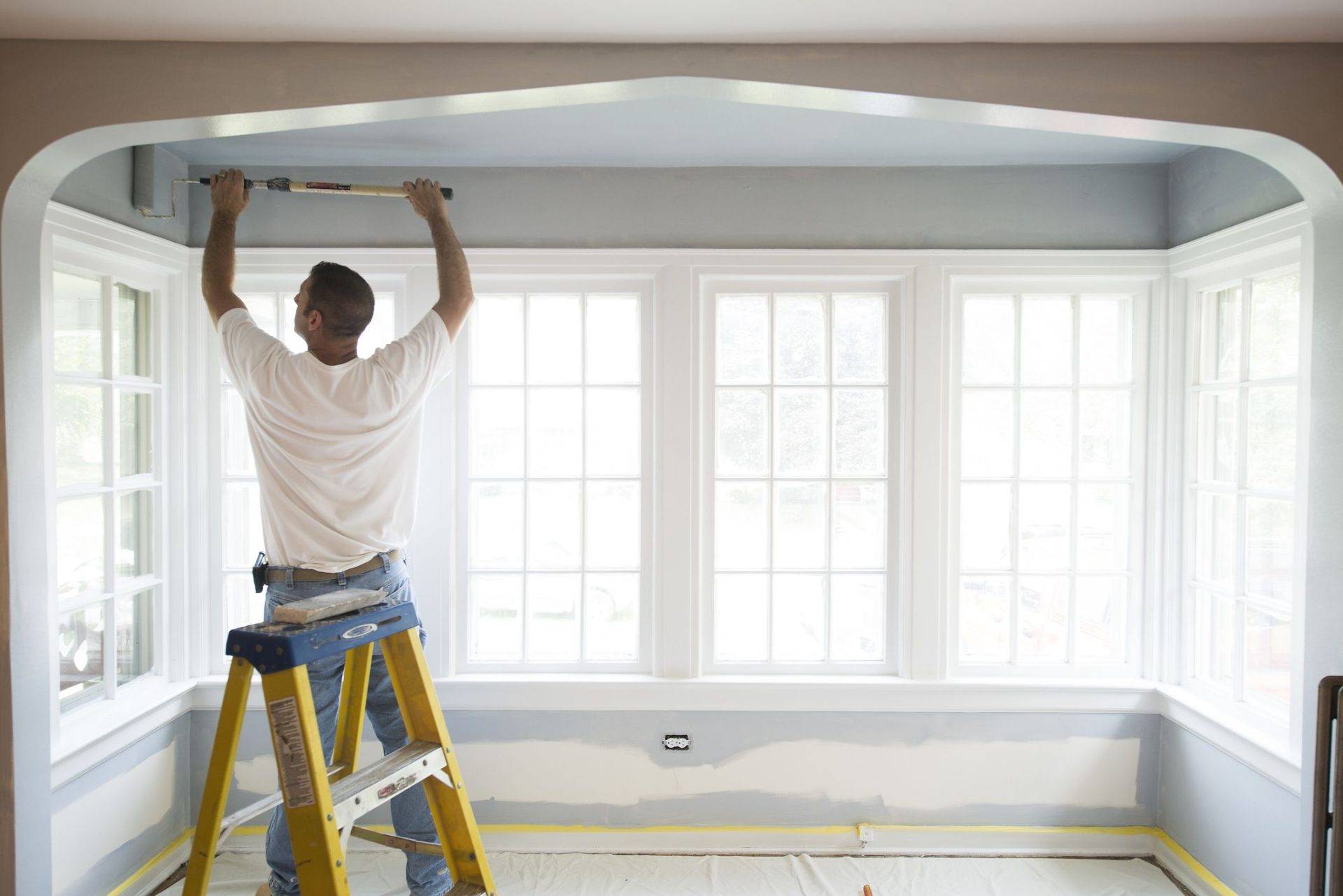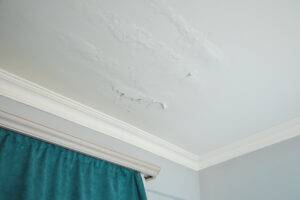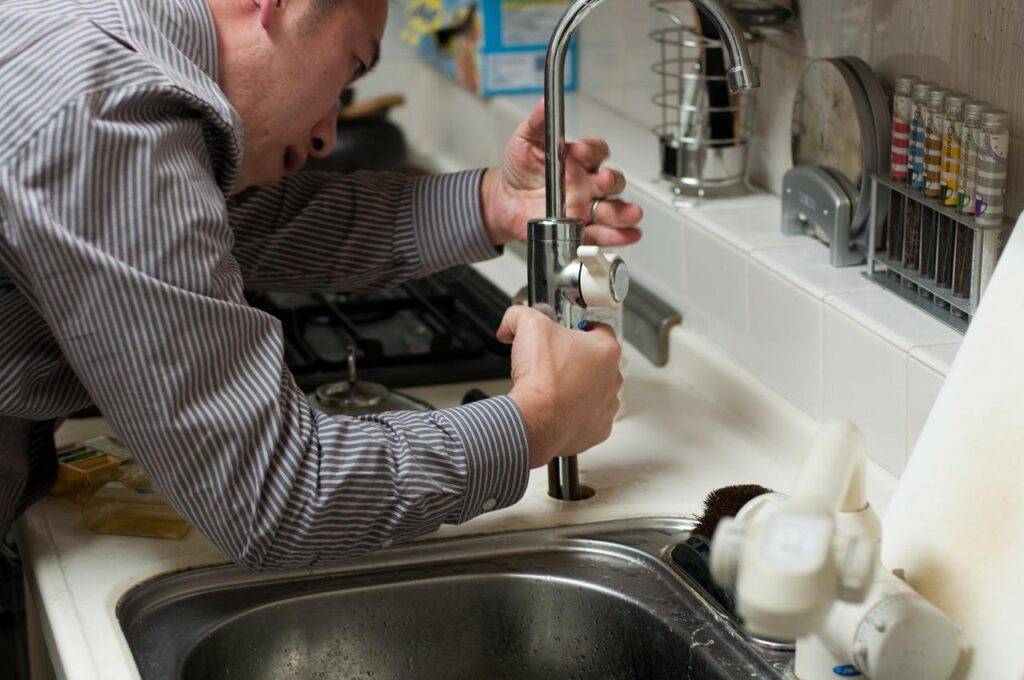
The Biggest Home Painter Pitfalls To Watch For
As a new customer, you may be wondering what some of the biggest pitfalls are when it comes to home painting. In this blog post, we’ll discuss some of the most common mistakes people make and how to avoid them. Click To Get A Quote
Avoid these red flags to ensure you get the best paint job possible
Hiring a home painter is a big decision. You want to be sure you’re hiring a competent and reliable professional who will do a great job. To help you make sure you’re making the best choice, here are some red flags to watch out for:
- Lack of proper licensing and insurance
Be sure to check that your home painter is properly licensed and insured. This will protect you in case of any damage to your property or injuries to the painter while they’re on the job.
- painting over mold or mildew
If your home has any mold or mildew, be sure to have it professionally remediated before painting begins. Otherwise, you run the risk of the mold or mildew growing back and causing even more damage.
- Use of drop cloths
A good home painter will always use drop cloths to protect your floors and furniture from paint drips and spills. If they don’t, you could end up with a big cleanup bill.
- Not following the proper prep work

Proper prep work is essential for a good paint job. This includes things like sanding and priming surfaces before painting. If your painter skipped this step, the paint job is likely to go badly.
How to Hire a Home Painter
Now that you know what to avoid, here are some tips for hiring a home painter:
- Do your research
Before hiring anyone, be sure to do your research and read reviews. You can also ask for recommendations from friends or family who have had good experiences with home painters.
- Get multiple estimates
When you’ve narrowed down your choices, get estimates from multiple painters. This will help you get a sense of what a fair price is for the job.
- Ask about their experience
Be sure to ask each painter about their experience level and the types of jobs they typically do. You want to be sure you’re hiring someone who is experienced in the type of job you need.
- Get everything in writing
Once you’ve decided on a painter, be sure to get everything in writing. This should include the price, the scope of work, and any other important details. This will protect you in case anything goes wrong.
Make Sure the Bid Is Detailed
When you’re hiring a home painter, be sure to get a detailed bid that covers everything you’ve agreed upon. This bid should include the price, the number of coats of paint, the type of paint to be used, and the timeline for the job. Having a detailed bid will help you avoid any surprises down the road.
Before Hiring a Home Painter
When you’re hiring a home painter, there are a few things you should keep in mind in order to avoid any potential problems. First, make sure to check that your home painter is properly licensed and insured. Second, if your home has any mold or mildew, be sure to have it professionally remediated before painting begins. Third, be sure to get a detailed bid that covers everything you’ve agreed upon. By following these tips, you can be sure you’re making the best decision for your home.
Ask About Wall Repair
When you’re hiring a home painter, be sure to ask about their experience with wall repair. This is especially important if your home has any cracks or holes in the walls. A good painter will be able to patch up these problems so that they’re barely noticeable. However, if the painter you’re considering doesn’t have much experience with wall repair, you may want to look elsewhere.
Be Clear on Your Finishes
Before hiring a home painter, be sure to be clear on the finishes you want. This means specifying things like the sheen of the paint, whether or not you want any textures, and whether or not you want the trim painted. By being clear on your finishes from the start, you can avoid any potential disagreements down the road.
Determine How Many Coats
When you’re hiring a home painter, be sure to determine how many coats of paint you’ll need. This will help you get a sense of the overall cost of the job. It’s also a good idea to ask the painter about the types of paints they use. This way, you can be sure you’re getting the best quality paint for your home.
Check Your Home Painter’s Qualifications and References
When you’re hiring a home painter, it’s important to check their qualifications and references. This will help you make sure you’re hiring a reliable and competent professional. Be sure to ask for a list of references from past clients, and take the time to contact them. You should also ask the painter for proof of their qualifications, such as a degree or certification. By taking these precautions, you can be sure you’re making the best decision for your home.
Questions to Ask Your Painter
In addition to checking their qualifications and references, there are a few other questions you should ask your painter before hiring them. First, ask about their experience painting homes like yours. This will help you gauge whether or not they’re up for the job. Second, ask about the type of paint they use. This is important because you’ll want to make sure you’re getting the best quality paint for your home. Finally, be sure to ask for a detailed estimate that covers everything you’ve agreed upon. By asking these questions, you can be sure you’re making the best decision for your home.
Keep Records of Your Home Painting Project
Once you’ve hired a home painter, it’s important to keep records of the project. This includes taking before and after photos, as well as keeping track of the brand and type of paint used. This information can be helpful if you ever need to touch up your paint job or make any repairs. By keeping records, you can be sure you’re making the best decision for your home.
Know Your Rights and Avoid Painter Scams
It’s important to know your rights when you’re hiring a home painter. This includes understanding the Fair Debt Collection Practices Act, which protects consumers from certain types of abusive behavior by debt collectors. You should also be aware of common painter scams, such as the “bait and switch” and the “low-ball estimate.” By knowing your rights and avoiding these scams, you can be sure you’re making the best decision for your home.
Mixing Pricey Paint With Cheap Paint
If you want to save money on your home painting project, you may be tempted to mix pricey paint with cheap paint. However, this is not a good idea. The two different types of paint will not mix well, and you may end up with an uneven finish. In addition, the cheaper paint may not provide the same level of coverage as the more expensive paint. By avoiding this temptation, you can be sure you’re making the best decision for your home.

Watered-Down Paint
Another way to save money on your home painting project is to ask the painter to water down the paint. However, this is not a good idea. Watered-down paint will not provide the same level of coverage, and you may end up having to paint your home more often. In addition, watered-down paint can be more difficult to work with, and it may not adhere to your walls as well. By avoiding this temptation, you can be sure you’re making the best decision for your home.
After Your Home Painter Has Finished
Once your home painter has finished, be sure to inspect their work. This includes looking for any missed areas, unevenness, or drips. If you’re not satisfied with their work, be sure to speak up. You may need to have them come back and touch up their work. By taking these steps, you can be sure you’re making the best decision for your home.
Conclusion
Hiring a home painter is a big decision. By doing your research and being aware of the potential pitfalls, you can be sure you’re making the best choice for your home. Learn More Home Reference




